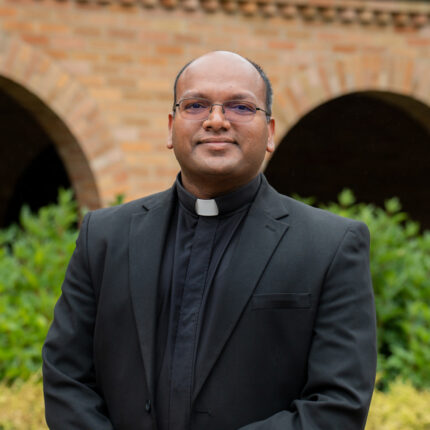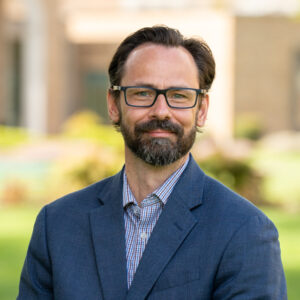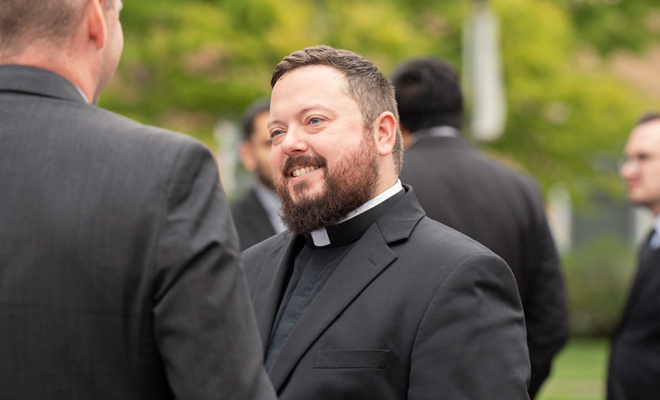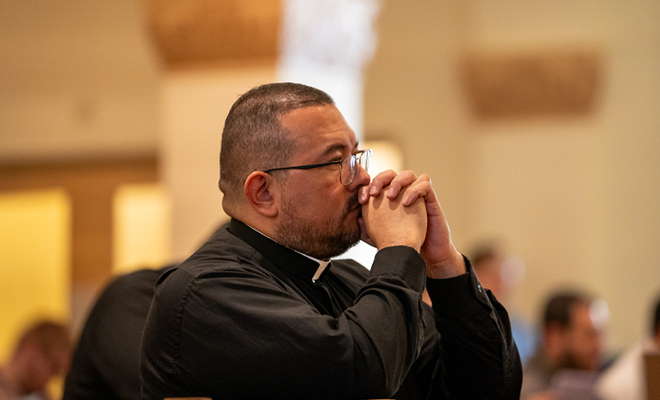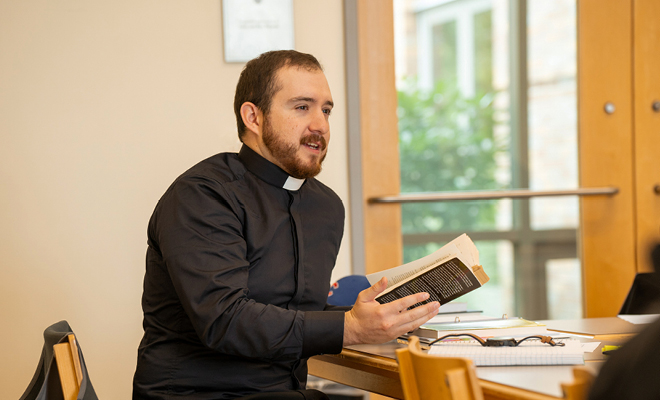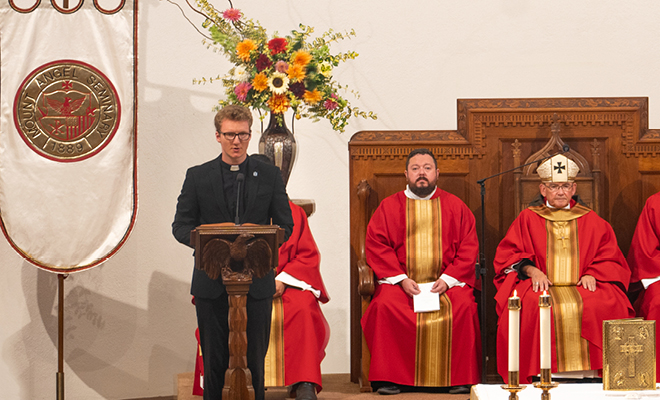In the configuration stage at Mount Angel Seminary, the seminarian models his life on the self-donation of Jesus Christ, Shepherd and Servant, as he prepares more immediately for Holy Orders. “This configuration demands that the seminarian enter profoundly into the contemplation of the person of Jesus Christ, the beloved Son of the Father, sent as Shepherd of the People of God. It will make the relationship with Christ more intimate and personal and, at the same time, will lead to an awareness and an assumption of priestly identity.” Formation in priestly spirituality involves a heartfelt dedication to his ecclesiastical entity in loving obedience. (PPF6 135)
The configuration stage demands from the seminarian a great commitment, as it challenges him to acquire a proper priestly spirituality; this includes a greater awareness and personal assumption of priestly identity as he conforms himself to the sentiments and attitudes of the Son, understood as self-offering for the pastoral care of the sheep. Conferral of the ministries of lector and acolyte is appropriate during this stage, marking the progressive deepening of this self-configuration to Christ both liturgically and in catechesis, evangelization, and active service to the poor. (PPF6 136)

